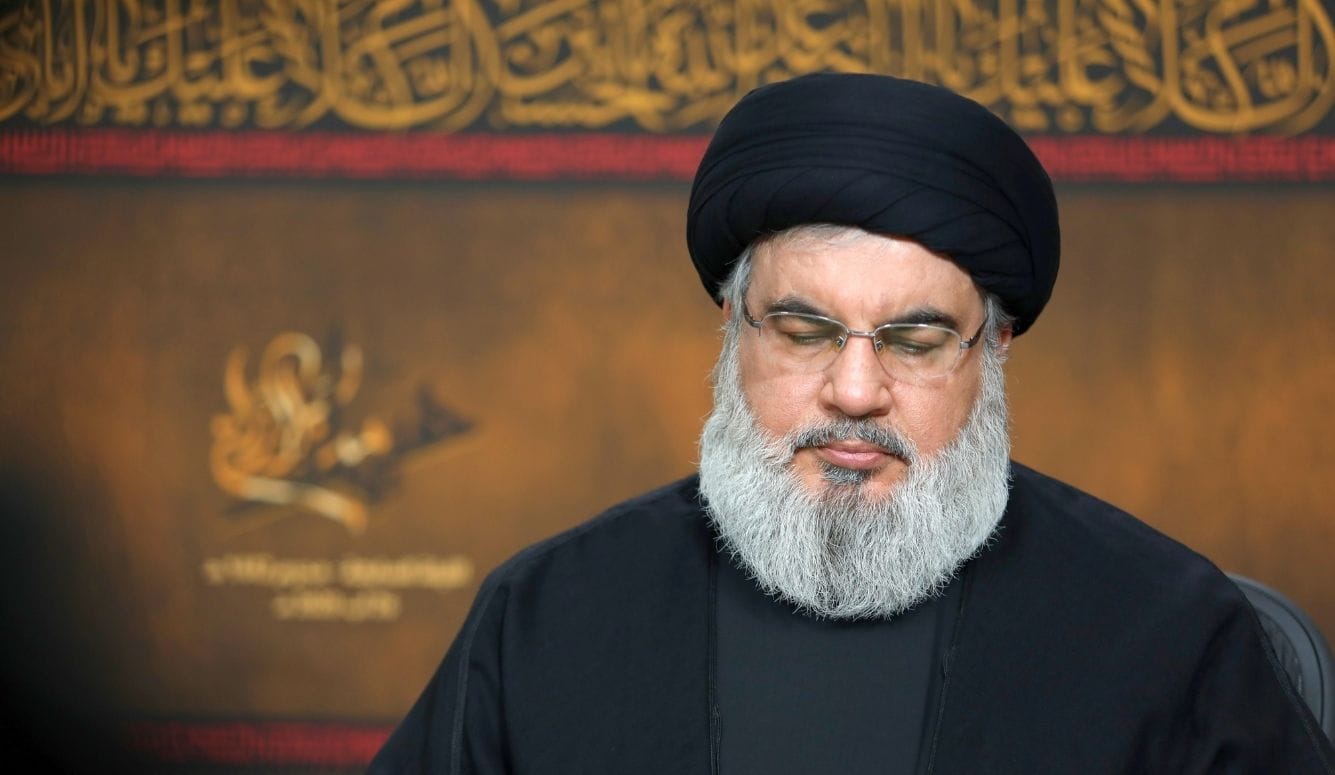Politics
A Measure of Justice in Beirut
The decapitation of Lebanese Hezbollah is a cause for celebration well beyond the borders of Israel.

The military response was late, but when it finally arrived, it hit the target. On 27 September, an Israeli airstrike on a Beirut bunker eliminated Hezbollah’s general secretary Hassan Nasrallah. This operation was the boldest stroke yet in an Israeli campaign that began ten days before with the detonation of thousands of pagers and walkie-talkies used by Hezbollah’s operatives, continued with the targeting of the group’s senior military leaders, and has now decapitated the organisation entirely. A week ago, if any group could claim the mantle of revolutionary Islam in the Middle East, it was Hezbollah. Now, its entire senior leadership has been liquidated and its future is uncertain.

The bombardment that dispatched Nasrallah, and flattened much of Hezbollah’s stronghold in south Beirut’s Dahiya neighbourhood, was amply justified by the laws of war and any reasonable standard of self-defence. Nevertheless, critics in the West predictably complained that Israel’s strike had been an “alarming escalation.” It should not be necessary to point out that the relentless barrage of rockets the Party of God has fired into Israel over the last year—about which most of these same critics have said precious little—was itself an unprovoked escalation. This unrestricted war has driven some 80,000 Israelis from their homes in the country’s northern towns and kibbutzim, thereby making Hezbollah’s leadership a legitimate target for destruction.






